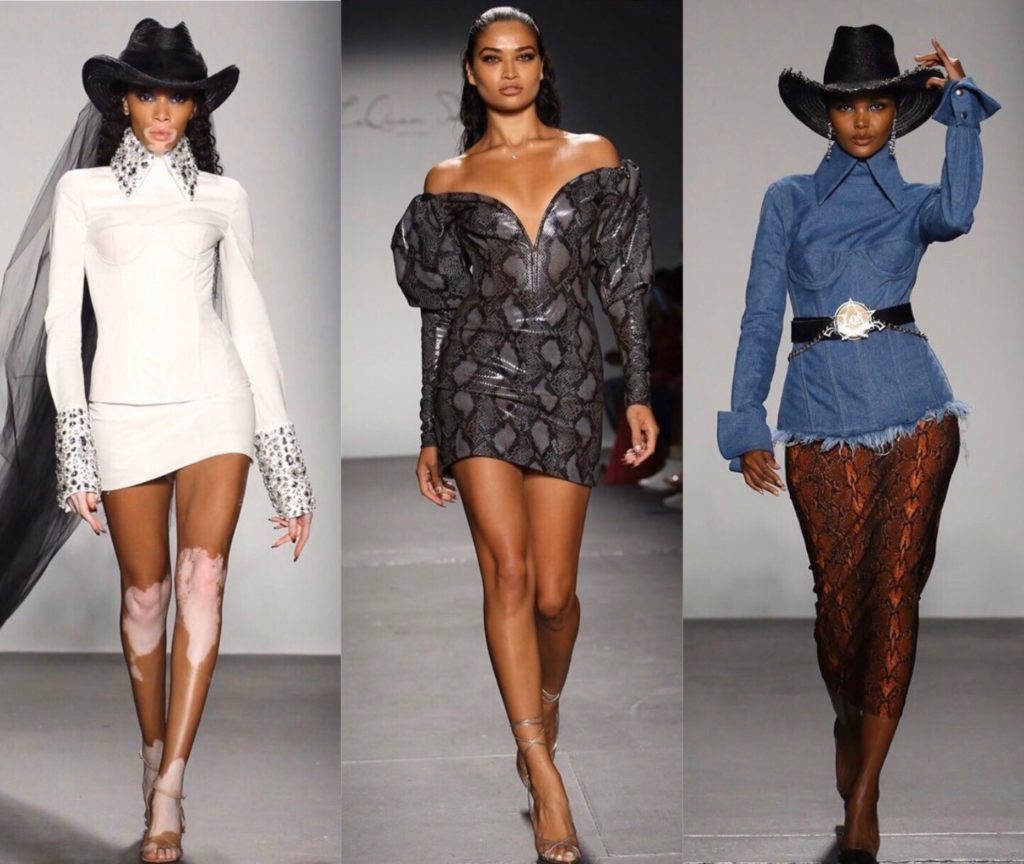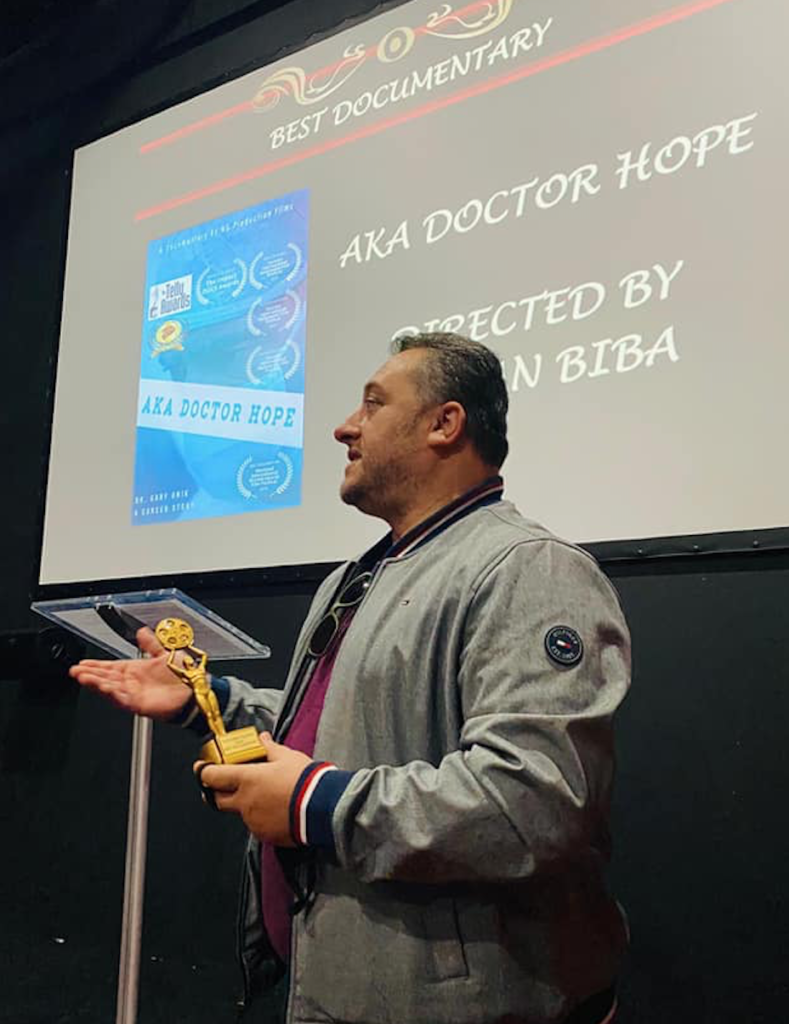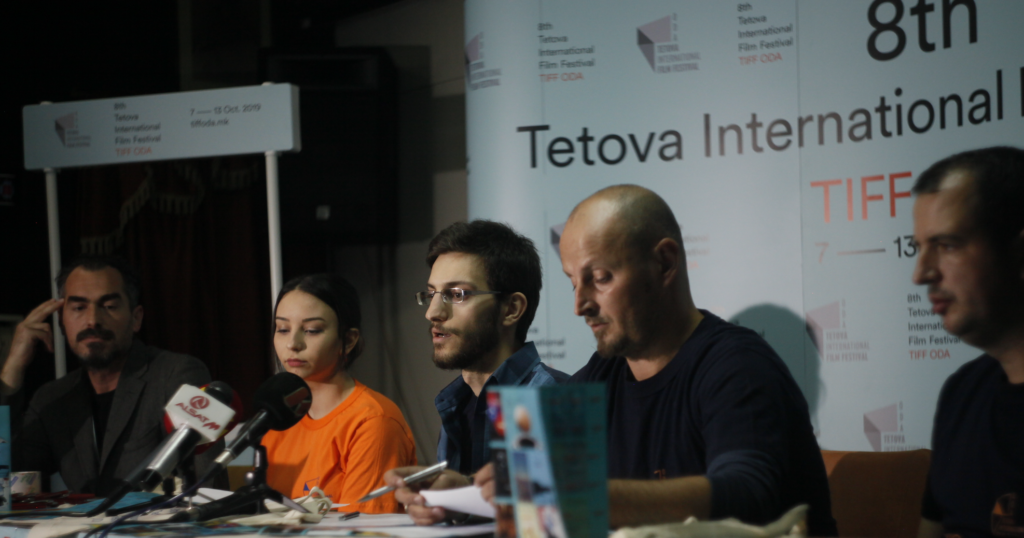
By Nora Kalaja/

Tell us a little about yourself.Where did you grow up?/

LiridonaGjokaj:I grew up in Montenegro, Tuzi and I was always passionate about photography, I remember I had my first film camera back in 1998 and I still have pictures that I took back in the days. As I grew up my passion for photography grew more and more. I had my first photographs exhibited at Times Square- digital exhibition in 2012, at Art Scope Miami in 2014, and a digital exhibition at Museum of Louvre in Paris 2015, and at the Beauty and Fashion gallery exhibition in New York 2018, and online international exhibition “Don’t Take Pictures” 2020.
It was an honor to be published at:“The Still Life Collection”, TheBeauty of Humanity – “A Select Collection of Work”. As well as be awarded “Photographer of the year” at the 8th International Filmmaker Festival of New York, 2019.
Also, my pictures were awarded for a photography-sharing community/ photo contest, CelebrityAward, Community Choice Award, Editor’s Choice, Beauty Photography Award, etc.
And then you landed in New York?
LiridonaGjokaj:At first for me everything was different and of course every beginning has its difficulties. But over time and with lots of effort, a person gets adapted especially in a place like NY, a place that gives you possibilities and accepts everyone who strives to achieve something.
I moved in New York a few years ago and I knew a little bit about fashion photography, but it seemed to me that there was this huge hub of creative energy peaking at a certain time of the year and I wanted to be a part of it. So, I decided to try my hands-eyes at being a catwalk photographer. Each fall and spring, New York hosts Fashion Week, and my first season I spent as much energy getting into the shows as actually shooting them. It wasn’t that easy as I thought but I worked a lot on that, and I got the chance to get into the shows and now I’m part of the New York fashion week every season.
What do you consider your first break in the industry?
LiridonaGjokaj:In September 2018 it was my first time attending a fashion week as a runway photographer.
The first time I attended the fashion week, I had 15 shows to shoot that day. I shot every show back to back at Spring Studios, and that was the beginning of my fashion photography career and first break in that industry.
In your idea, what makes a good photograph?
LiridonaGjokaj:Despite the talent, what leads you forward is the concentration (consideration) & dedication and technicalities that go with the profession as a photographer. When you combine: talent and work/study then you manage to create a unique style and a good photograph.
Are there any new exciting projects that you are working on or have coming up in the near future?
LiridonaGjokaj:Since my focus is fashion photography, I am working on some fashion editorial projects at the moment. And also, I’m working on a very special fashion project that will be published very soon.
What is the gear you have used in the past and present?
LiridonaGjokaj:When it comes to gear, I believe that to be irrelevant! In an artist’s repertoire gear is the least important thing. For me I try to stay up to date with the latest camera, but often the newest technology is not necessarily the best one. Currently I use Canon prime cameras & lenses. In runway photography zoom lenses are a must. I currently use the L series from Canon. A 24-70mm, 70-200mm, and of course the 100-400mm.
Besides photography, what else do you enjoy?
LiridonaGjokaj:Besides photography I like to read, explore new places, I like to go to the opera, and of course spend time with my family and friends. Visiting museums is also one of my favorite things to do in my free time.
Can you tell us about a memorable moment you had during your artistic career?
LiridonaGjokaj:There are a lot of memorable moments in my 10y artistic career, but I would say, one of the most memorable moments, was when I had my picture exhibited at the Louvre Museum in Paris. That was a special moment for me!
What has been your biggest accomplishment?
LiridonaGjokaj:I’ve been photographing NYFW for the 4th season now and I can say that the biggest accomplishment in my runway photography till now is being part of 15 accepted runway photographers for two of my favorite and well-known designers; Brandon Maxwell and Tory Burch.
What are your future goals and aspirations?
LiridonaGjokaj:It’s all about passion!When you truly want something, you must go after it and try to make it happen.“Look back and say – ‘I can’t believe I did that’ instead of ‘I wish I did that’.”

















